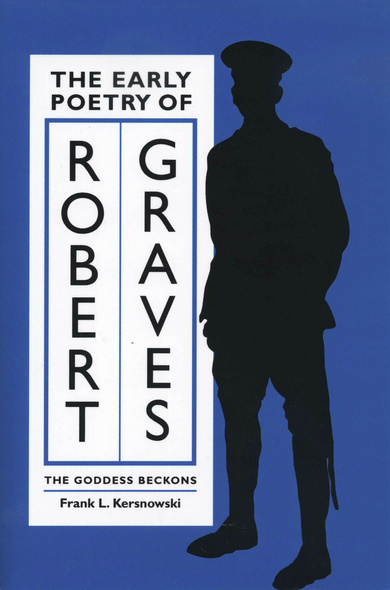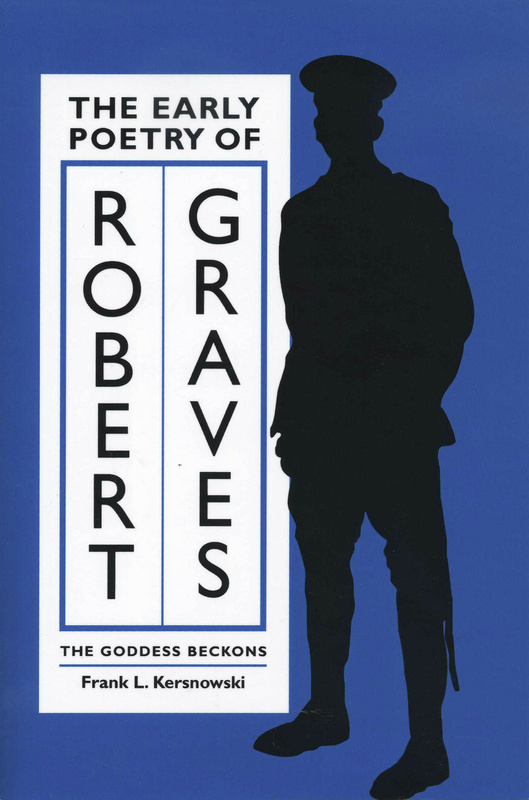The Early Poetry of Robert Graves
The Goddess Beckons
Like many men of his generation, poet Robert Graves was indelibly marked by his experience of trench warfare in World War I. The horrific battles in which he fought and his guilt over surviving when so many perished left Graves shell-shocked and disoriented, desperately seeking a way to bridge the rupture between his conventional upbringing and the uncertainties of postwar British society.
In this study of Graves's early poetry, Frank Kersnowski explores how his war neurosis opened a door into the unconscious for Graves and led him to reject the essential components of the Western idea of reality—reason and predictability. In particular, Kersnowski traces the emergence in Graves's early poems of a figure he later called "The White Goddess," a being at once terrifying and glorious, who sustains life and inspires poetry. Drawing on interviews with Graves's family, as well as unpublished correspondence and drafts of poems, Kersnowski argues that Graves actually experienced the White Goddess as a real being and that his life as a poet was driven by the purpose of celebrating and explaining this deity and her matriarchy.
No one has read the poems from Over the Brazier to Whipperginny before with this complex conception of what war-neurosis means to Graves’ development, nor with this sensitively developed context of biography, poetry, critical writing, and intellectual background. . . . This is really masterful literary criticism—no jargon, no ideology, just firm, secure knowledge and discriminating taste.
- Preface
- Acknowledgments
- Chapter 1. The Lunatic, the Lover, and the Poet
- Chapter 2. The Lunatic: War
- Chapter 3. The Lunatic: After the War
- Chapter 4. The Lover in the Nursery
- Chapter 5. The Lover
- Chapter 6. The Poet
- Afterword
- Works Cited
- Index





